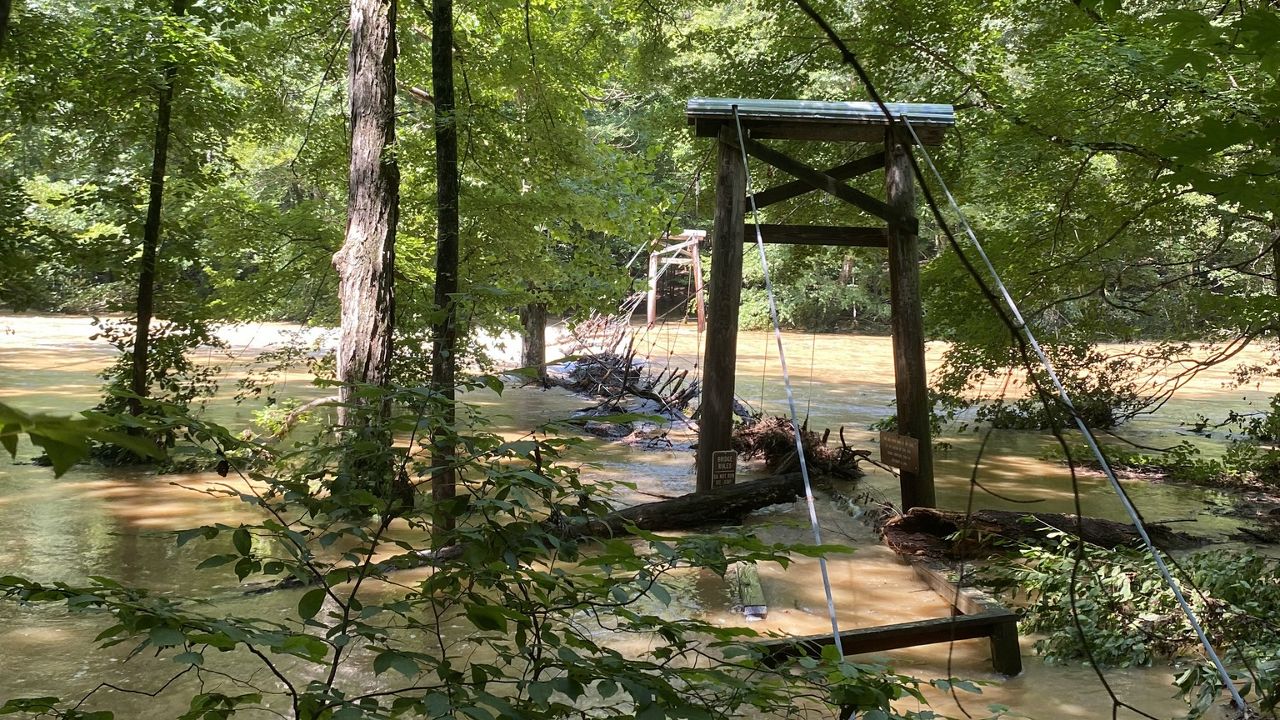Citing excessive energy use, noisy operations, pollution and electronic waste, Buncombe County put a one-year moratorium on any new cryptocurrency mining operations.
The vote in Asheville follows a ban on the server farms approved last year in Clay County, in the mountains southwest of Asheville. Neighboring Macon County is also considering a ban on the mining operations.
In December, Cherokee County passed a resolution asking the legislature for more power to regulate cryptocurrency mines.
Cryptocurrency mines use server farms to run complicated algorithms to “mine” Bitcoin and similar digital currencies. They use warehouses full of powerful computers that require a lot of electricity. The operations have brought complaints from nearby residents over the 24-hour noise from the servers and cooling equipment in previously quiet rural areas in the North Carolina mountains.
The server farms are attracted to western North Carolina by low-cost energy and lax zoning regulations, according to a recent report from the Environmental Working Group.
Cryptocurrency miners have also been looking for new places to set up shop since China banned most of their operations two years ago, according to the Associated Press.
Buncombe County Planning Director Nathan Pennington said the county is working on a new comprehensive plan.
“This one-year pause gives us time to work with residents and craft standards,” he said.
The commission passed the moratorium unanimously last week.
“The moratorium will maintain the status quo by limiting any negative effects in neighborhoods impacted by this use until a proper regulatory scheme can be developed,” the ordinance states.
The ban would expire after a year or when the county comes up with new rules for where the server farms can be located. It only includes unincorporated areas of Buncombe County.
“They have proven to be a nuisance to neighbors and a threat to our environment,” Chris Joyell, with the environmental group Mountain True, said during a public hearing over the temporary ban in Buncombe County.
“There is no way to greenwash crypto mining. Even if miners claim to rely on renewable energy, their operations are still hogging energy that we would need to meet the county and state carbon reduction goals,” he said.
But not everyone at the hearing supported the moratorium. Craig Deutsch told the commissions the moratorium could discourage new industry in the county.
The crypto mining operations, he said, could “encourage innovation and bring new industry to the area.”
Noise problems should already be addressed by noise ordinances, said Dennis Fassuliotis, director of the South Carolina Emerging Tech Association, speaking during the public hearing.
He also countered the environmental arguments against the server farms.
“Bitcoin mining specifically does not produce any greenhouse gasses itself. It uses a mixture of the grid that everyone else uses,” Fassuliotis told the commission. “Bitcoin is the industry leader in sustainability.”
New York lawmakers last year passed a 2-year ban on new cryptocurrency mines that wanted to retrofit old fossil-fuel power plants to power their servers.









